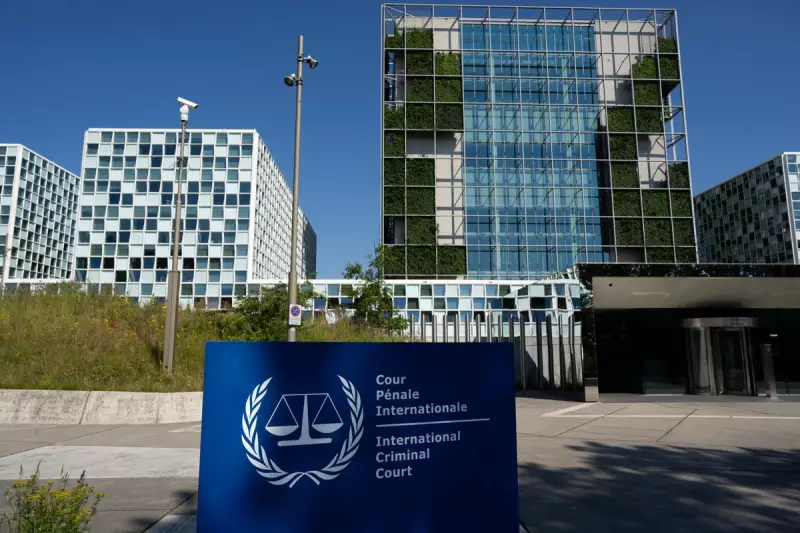
In a bold move that reshapes the political landscape of West Africa, the military-led governments of Mali, Burkina Faso, and Niger have officially announced their collective departure from the International Criminal Court (ICC). This decision marks a significant rupture with an institution they accuse of Western bias and neo-colonialism.
A New 'Confederation' is Born
The announcement came during the first summit of the Alliance of Sahel States (AES), held in Mali's capital, Bamako. The three nations, all governed by juntas that seized power in recent coups, have agreed to deepen their integration by forming a 'Confederation'. This new pact is poised to strengthen their economic and military ties, creating a unified bloc distinct from existing regional bodies.
Rejecting 'Western Justice'
The joint statement released after the summit was unequivocal in its condemnation of the ICC. The regimes declared the Hague-based court has been 'exploited by Western powers' to target and manipulate African states. This sentiment echoes long-standing criticisms from the continent regarding the court's exclusive focus on African cases.
This coordinated withdrawal follows a similar action by Russia, which revoked its signature from the ICC's founding statute after the court issued an arrest warrant for President Vladimir Putin. The parallel actions highlight a growing trend of nations challenging international institutions perceived as being under Western influence.
Deepening Regional Isolation
The formation of the AES and its subsequent actions represent a clear pivot away from traditional allies like France and former regional partners. All three countries have expelled French forces and have withdrawn from the Economic Community of West African States (ECOWAS), which had condemned their unconstitutional changes of government.
This new alliance signals a determined effort to forge a path independent of Western diplomatic and military support, potentially aligning more closely with other strategic partners. The creation of this confederation is set to have profound implications for security, diplomacy, and economics in the volatile Sahel region for years to come.






